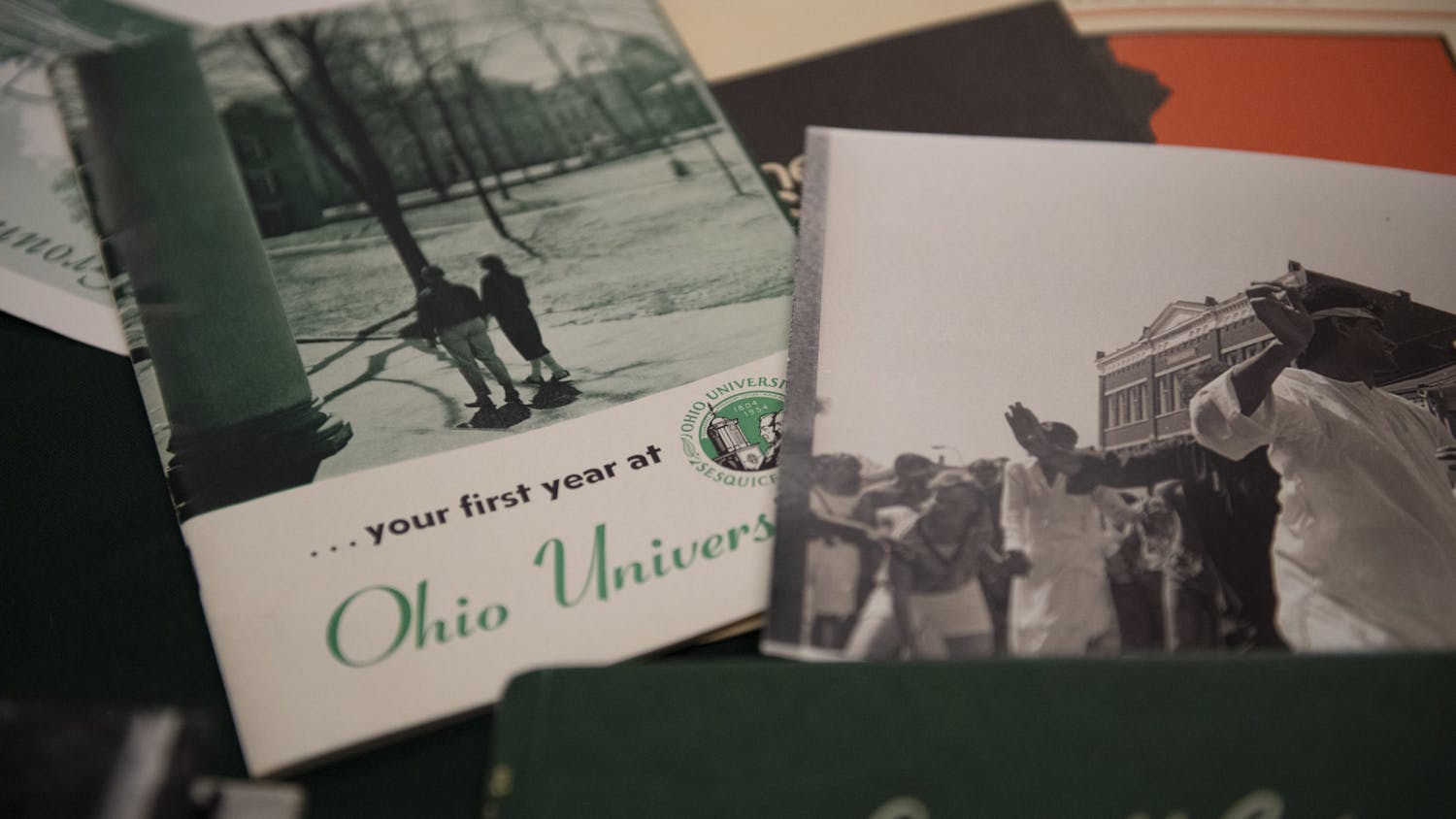Whether they view the NCAA rulebook as a testy nuisance or a time-tested testament to athletic excellence, Ohio coaches are put to the test every year.
Each year before off-campus recruiting is allowed, college coaches, graduate assistants and directors of operations must pass an exam demonstrating a working knowledge of NCAA bylaws. By passing the assessment, coaches verify that they are well aware of their sport’s regulations, theoretically eliminating the chance a coach might commit an offense unknowingly.
The annual exams, some of which are sport-specific, also serve to update staffs on rule changes enacted since the previous year. With 434 pages of regulations ranging from the recruiting process to off-campus housing, the NCAA rulebook resembles a small phonebook.
“It’s gotten pretty ridiculous,” said 23rd-year baseball coach Joe Carbone. “It’s tough to keep up with everything. They change the rules every year. Years ago, I knew every rule in the book.”
The current exam is 30 questions and must be completed within an hour. Test takers must correctly answer 24 questions (80 percent) to be authorized to recruit off-campus. The annual assessment is open-book, thus allowing coaches to peruse the massive manual for answers while taking the test. If someone fails to attain 24 correct responses, he or she is allowed to retake the exam an unlimited number of times, but only after 30 days.
A Faculty Athletics Representative oversees the testing session, said Tricia Turley, assistant athletic director for compliance and student services. She said new coaches are usually the only ones that have trouble passing the test on the first try.
The NCAA offers tests specific to football and the men’s and women’s basketball teams. All other sports are lumped together in a more generic exam.
“Those three sports probably have the most complicated rules,” Turley said.
“They have additional levels of restriction in terms of recruiting that can sometimes make it a little more difficult to navigate than, say, a golf program. They have a lot more balls up in the air in terms of things that they’re juggling.”
Even with the mandatory testing, NCAA rules violations take place regularly at most programs. Ohio Athletics documented 16 minor infractions since July 2009.
Four of those involved the field hockey program. Two cases involved a coach paying for meals during unofficial visits by potential recruits, and the others came about because of impermissible electronic messages sent to potential recruits.
“A lot of it is not thinking at the time, and then it comes down to us having to be a little bit more with it,” coach Neil Macmillan said. “We’re always trying to keep up with things. What’s legal one year might not be legal the next.”
Misuse of technology led to two other violations. In December 2009, a former basketball staff member tweeted about a televised high-school basketball game featuring potential recruits. Last month, a Media Relations employee announced via Twitter that a volleyball prospect had verbally committed to the Bobcats.
“We have protocols in place that should prevent a mistake of that nature, but in this case, it wasn’t followed,” said Jason Corriher, assistant athletic director for Media Relations, in a statement. He added that Twitter can be a useful tool in many circumstances.
“However, it is imperative that we know, beforehand, who has been approved by our Compliance office and who hasn’t. Unfortunately, that didn’t happen here.”
Carbone said keeping up with NCAA guidelines is a team effort that requires constant awareness, especially when visiting prospects.
“You’ve almost got to carry that book around when you’re recruiting,” he said, noting that Turley is on his speed dial for when he comes across a “gray area” in the rules.
Despite the seemingly silly subtleties, Macmillan said the NCAA guidelines serve as a bastion for equity in college athletics. He said the bylaws protect prospects and smaller schools from aggressive recruiters and big-name programs, respectively.
“For us as a program and for us as a university, I think it’s key that we report,” Macmillan said. “It’s very important for me to make sure that I abide by those rules.”
ms229908@ohiou.edu
@ThePostSports






